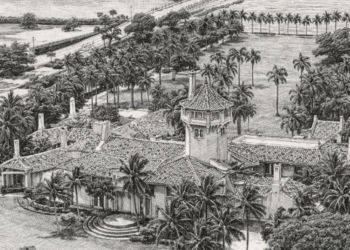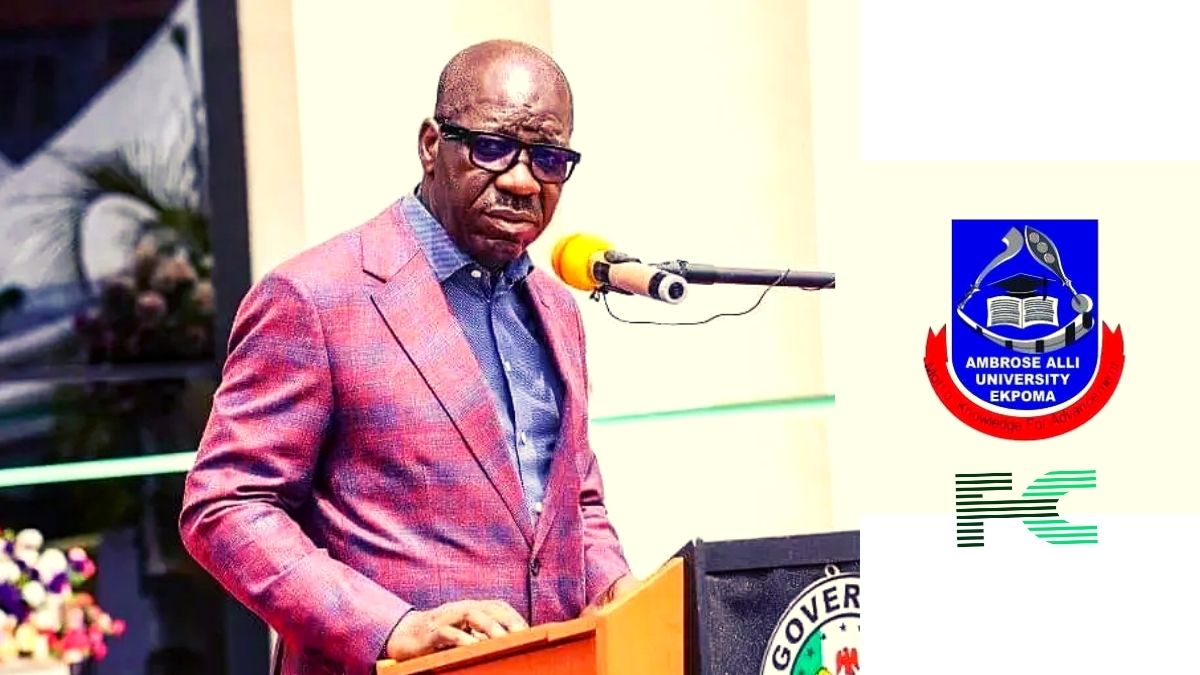Ghana has lost one of its most formidable and transformative political figures with the passing of former First Lady Nana Konadu Agyeman-Rawlings at the age of 76. Her death, announced by the Presidency on Thursday after a short illness, marks the end of an era for a nation she helped shape, not from the sidelines, but from the center of power and social upheaval.
More than just the wife of the late revolutionary leader Jerry John Rawlings, Nana Konadu was a political force in her own right. She shattered the mold of the ceremonial First Lady, turning the role into a dynamic platform for grassroots mobilization and fierce advocacy that permanently altered Ghana’s social and political fabric.
Her most enduring legacy is the 31st December Women’s Movement, which she founded in 1982. Far from a typical charity, it grew into a political and social juggernaut with over two million members.

Under her leadership, the movement established a vast network of more than 870 preschools and pioneered initiatives in literacy, healthcare, and economic empowerment that lifted countless women from poverty and into public life. She didn’t just call for gender equality; she built the infrastructure to achieve it.
Never one to be confined by tradition, Nana Konadu’s ambition later propelled her to make history directly. In 2011, she mounted a bold and unprecedented challenge to a sitting president from her own party, John Atta Mills, for the NDC nomination. Undeterred by that battle, she went on to found the National Democratic Party (NDP) and, in 2016, became the first woman to ever contest the Ghanaian presidency.
Even after the death of her husband in 2020, she remained a vital presence in national affairs, a living link to a pivotal chapter in Ghana’s history and a constant advocate for her vision of the nation.
Why It Matters
Nana Konadu Agyeman-Rawlings was the indispensable partner in the Rawlings political project, the social conscience to his military-backed authority. While her husband wielded state power, she mobilized people power, building a legacy that may ultimately prove more enduring.
Her life was a masterclass in wielding influence, proving that real power isn’t always about holding the highest office. It is about building movements that outlive you, challenging the status quo from within and without, and inspiring generations to demand a seat at the table. Ghana hasn’t just lost a former First Lady; it has lost a founding mother of its modern civil society and a symbol of unyielding political ambition.
















